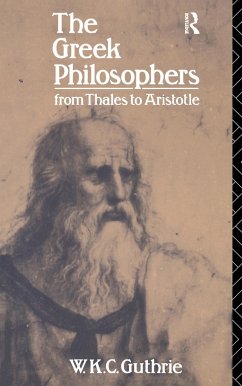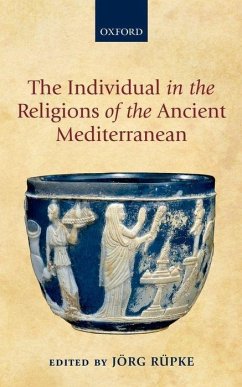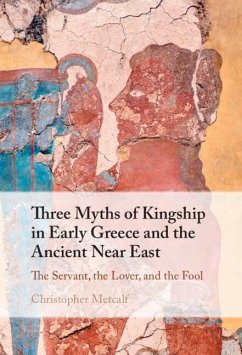
Pythagoras and the Early Pythagoreans
Versandkostenfrei!
Versandfertig in 1-2 Wochen
240,99 €
inkl. MwSt.

PAYBACK Punkte
120 °P sammeln!
In ancient tradition, Pythagoras emerges as a wise teacher, an outstanding mathematician, an influential politician, and as a religious and ethical reformer. This volume offers a comprehensive study of Pythagoras, Pythagoreanism, and the early Pythagoreans through an analysis of the many representations of the individual and his followers.












